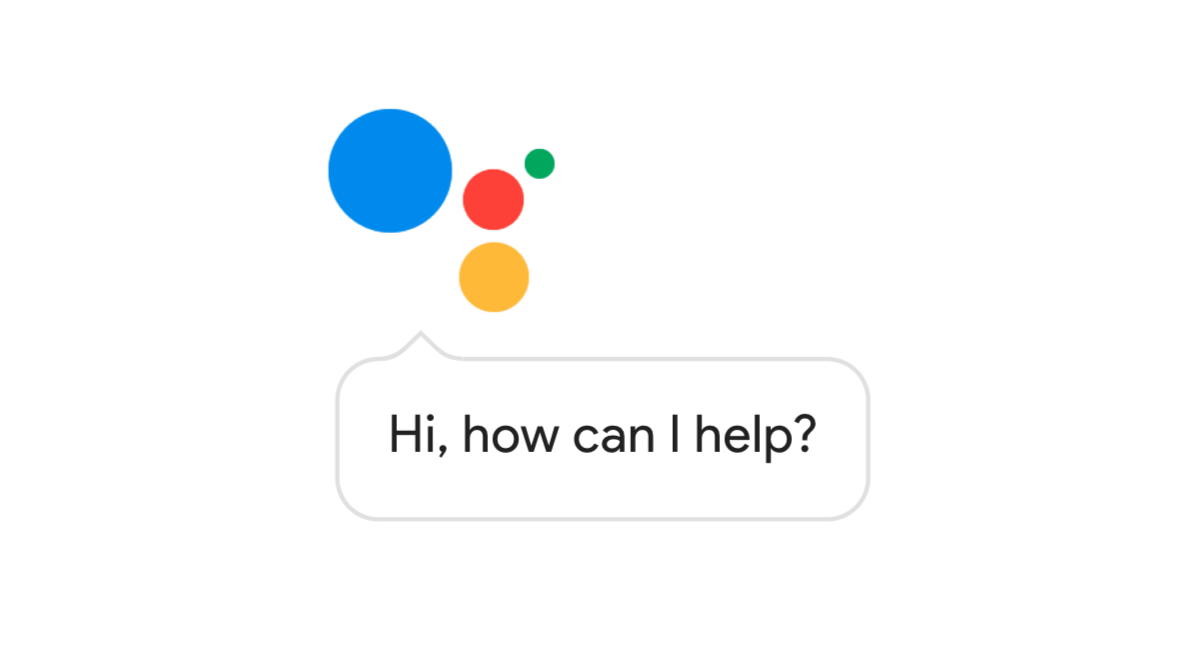Hello, AI speaking: Google Duplex will identify itself to the humans it calls
Google raised eyebrows at its annual I/O developer conference earlier this month, demonstrating a new feature of its virtual assistant, called Duplex.
Using an improved version of the Google Assistant, Duplex was shown calling up a hair salon and a restaurant to make reservations, speaking to humans and handling complex conversations with ease.
Read More:
But, despite how seriously impressive this technology is, it raised concerns over identification and transparency. Are humans being duped into thinking this robocall is a real person? Should they be told right away they are speaking to a machine? Is the call recorded, and if so, how should the recipient be told?
Some light has now been shed on this, thanks to unnamed sources revealing the content of a weekly staff meeting held at Google. After being given a demo of Duplex by executives, staff were told the artificial intelligence would identify itself as Google Assistant, then say the call is being recorded in certain jurisdictions, the sources told Bloomberg.
We would like to see Google be upfront about Duplex's recording on every call, not just in the states which demand it by law, but this meeting is at least some evidence that Google is aware of the legal and societal implications of giving millions of users a robotic calling system of their own, to phone whoever they please.
This information comes after Google said the assistant would be "appropriately identified" on calls. A demonstration given by Google during its I/O keynote showed Duplex say it was calling a hair salon for "a client". Google says Duplex will be helpful for companies which don't have an online booking system, and means customers can have their virtual assistant make the reservation while they get on with their day. It isn't clear what happens if Duplex fails to understand the conversation.
To learn more about what you can do with Google Assistant, check out The GearBrain's What Works with Google Home and The Google Home Mini.
